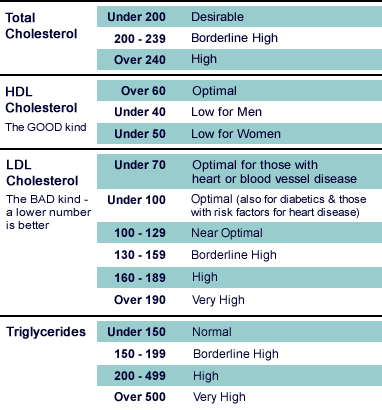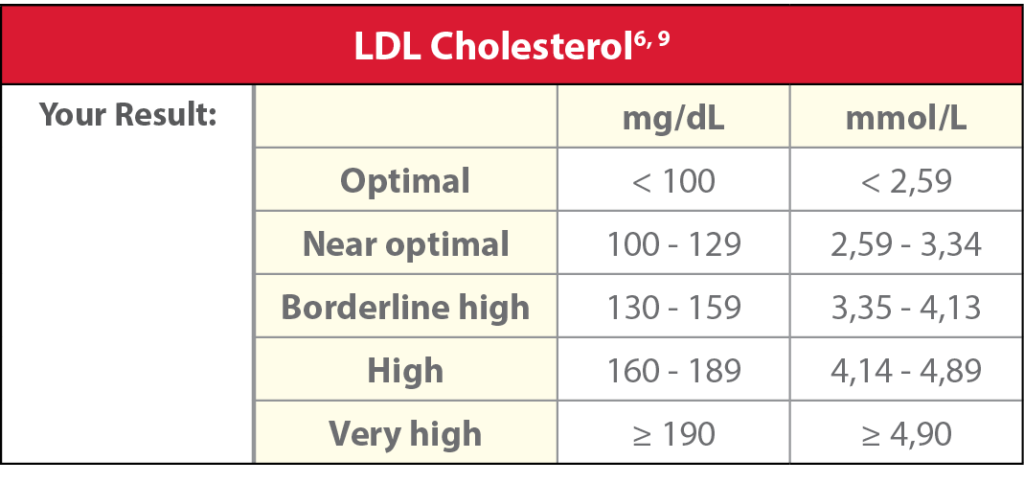
Here are some things you can do to help lower your LDL:įill up on fiber-rich vegetables, fruit, whole grains, and legumes, and aim to eat 30-40g of fiber daily. For example, Blacks/African Americans typically have higher HDL and LDL cholesterol levels than Caucasians.Īdopting healthier habits and making changes to your diet can help lower your LDL cholesterol level back into the optimal range (<100 mg/dL). Certain races may have an increased risk of high blood cholesterol. This is because your genes partly determine how much cholesterol your body makes. Genetics (heredity): High blood cholesterol can run in families. After the age of menopause, women's LDL (bad) cholesterol levels tend to rise. However, cholesterol levels tend to increase with age, in both women and men. These include: corticosteroids, beta-blockers, thiazide diuretics, antivirals, retinoids, and growth hormones.ĭiseases: Some diseases like chronic kidney disease, diabetes, and HIV/AIDS can elevate total cholesterol and LDL.Īge and Sex: Premenopausal women tend to have lower total and LDL cholesterol levels than men of the same age. Medications: Certain medications can increase cholesterol levels.

Smoking lowers your HDL (good) cholesterol which can contribute to a higher level of LDL (bad) cholesterol. A sedentary lifestyle can increase LDL (bad) cholesterol and lower HDL (good) cholesterol levels. Being overweight also tends to increase cholesterol levels, including LDL cholesterol. Factors that could contribute to an LDL level of 117:ĭiet: Eating a diet that is high in saturated fats, trans fats, added sugar, and low in fiber can cause LDL cholesterol to rise. If you already have heart disease, lowering your cholesterol can reduce your odds of serious complications, like a heart attack or stroke. Lowering them will lower your risk of developing heart disease and other health issues. Although cholesterol serves several important functions, elevated LDL cholesterol may put you at greater risk for heart disease.Įlevated LDL cholesterol doesn’t have symptoms, which is why it’s important to know your levels.

What does an LDL level of 117 mean? Are there any symptoms associated with this LDL level?Ī LDL level of 117 mg/dL is considered elevated.


 0 kommentar(er)
0 kommentar(er)
